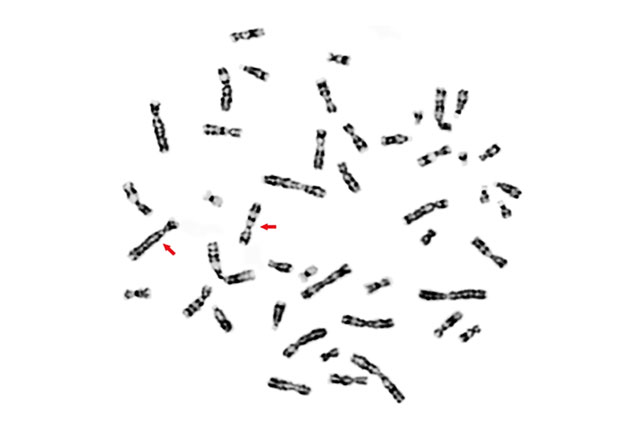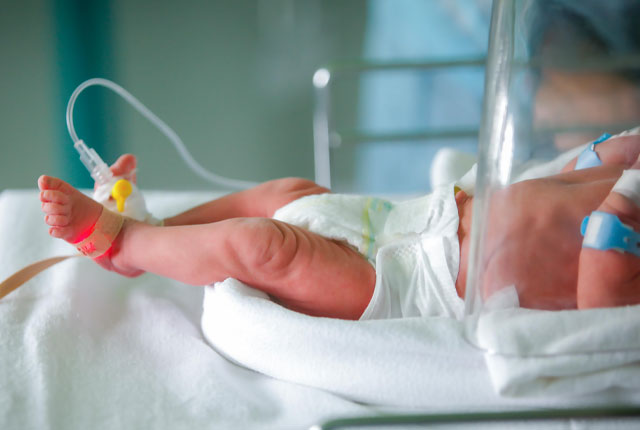

Preimplantation Genetic Testing for Structural Rearrangements (PGT-SR) is a reproductive genetic test where embryos generated by IVF are analyzed for the presence or absence of an unbalanced form of the rearrangement. Embryos that are normal or carriers of a balanced form of the rearrangement (like the carrier parent) are identified and transferred to the uterus during the same, or in a subsequent IVF cycle.

PGT-SR is offered to couples who are known to have a structural chromosome rearrangement and are therefore at risk of producing embryos with the incorrect chromosome complement. The test is indicated in the following cases:

Individuals with structural chromosome rearrangements are usually healthy and only start encountering health issues when trying to conceive. The presence of these rearrangements can lead to the production of gametes (sperm or eggs) with the incorrect amount of genetic material. Such gametes will most likely not be viable enough to result in an embryo, which ultimately leads to infertility. However, some may survive but eventually result in the birth of a child with congenital abnormalities.

PGT-SR can identify embryos that are chromosomally normal and the ones which are carriers of a balanced form of rearrangement. Transferring only the healthy embryos into the uterus will ensure that the fetus will not be missing or have extra chromosomal material that will lead to the development of genetic disorders.

The report will detail the total number of embryos tested along with the chromosome complement of each. The report will also declare if any embryo carries a numerical chromosome abnormality, e.g., Down syndrome (extra copy of chromosome 21), or a segmental abnormality (due to the presence of an unbalanced form of the rearrangement).